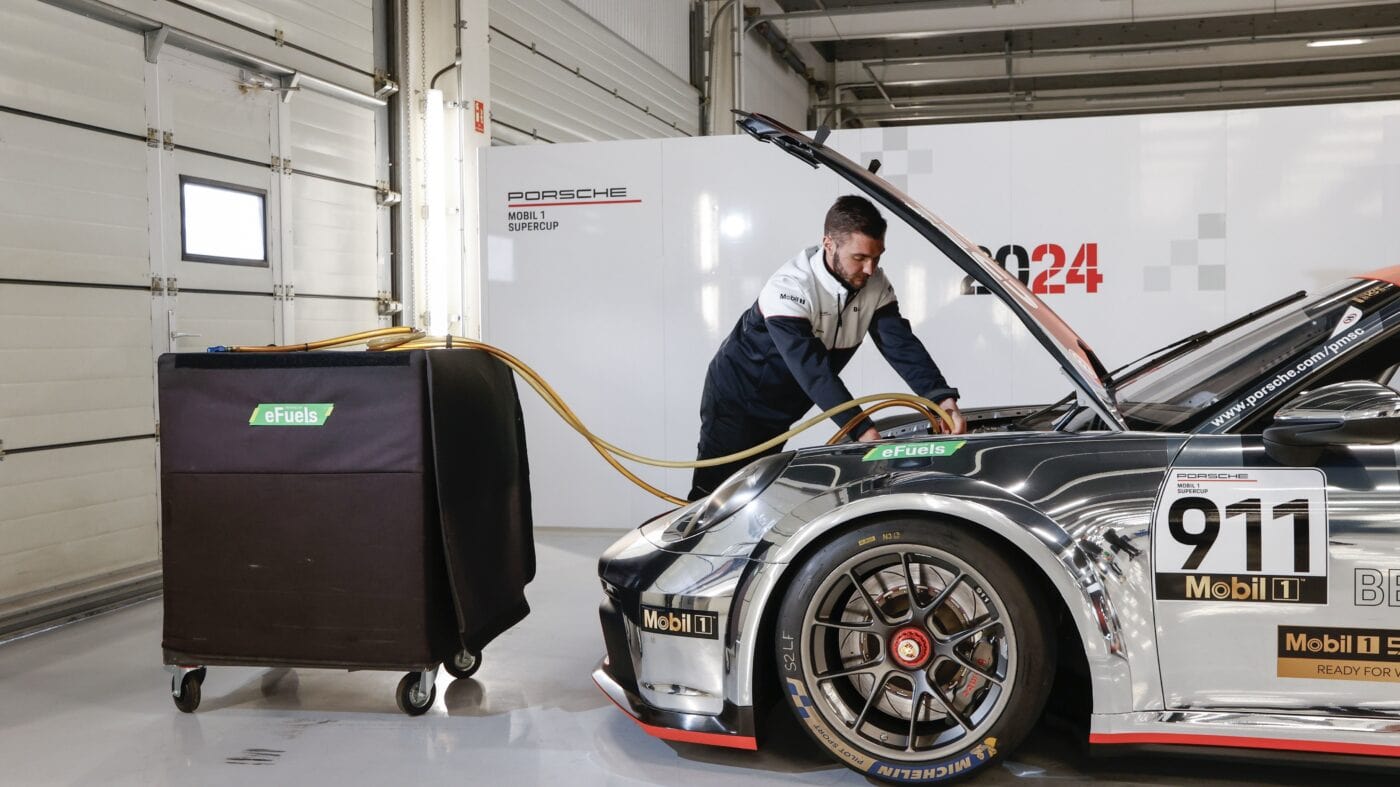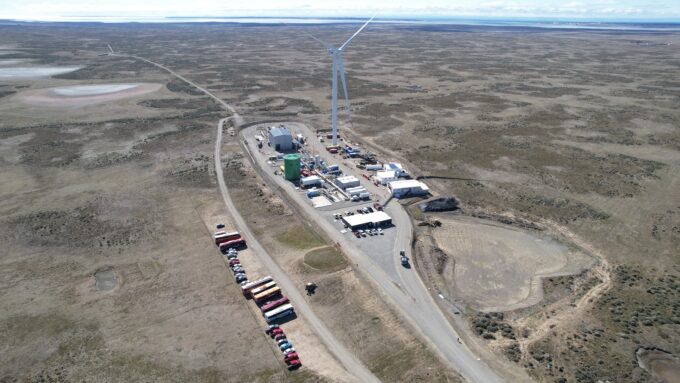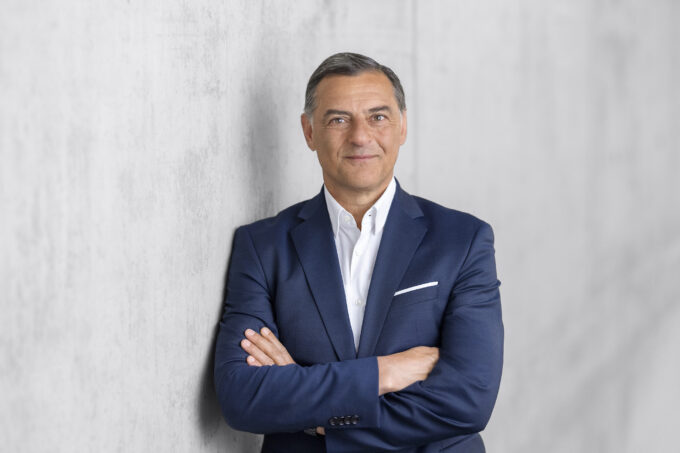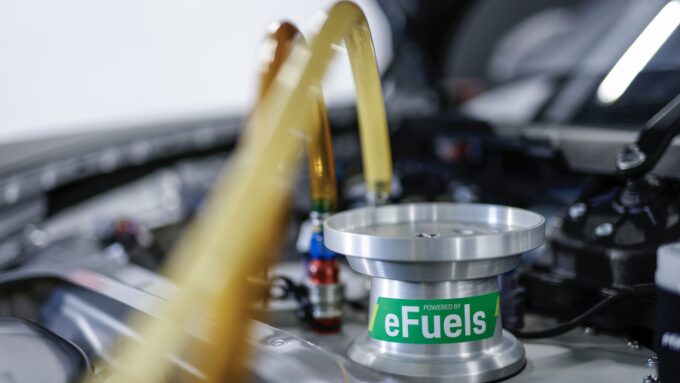Porsche: launch with e-fuel
SYNTHETIC FUEL From the new season, the Porsche Mobil 1 Supercup will start with potentially almost CO2-neutral eFuels. The basis for this fuel comes from the HFI Global pilot plant in Haru Oni, Chile.

The up to 32 racing cars in the Supercup will run exclusively on e-fuels at each of the eight racing events in Europe. With this project, Porsche wants to set an example on the way to a low carbon footprint.2-neutral motorsport and play a pioneering role here. The raw fuel comes from the Haru Oni pilot plant in Chile and is made ready for use through blending. The final product enables a potentially almost CO2-neutral operation of the 911 GT3 Cup cars that make up the field.
Next stage of development
A bio-based, semi-synthetic fuel mixture has already been used in the sports car manufacturer's top one-make cup series in the three previous years. Now Porsche is systematically taking the next step. The racing cars, which unlike production cars are equipped with manually programmed control units, are fitted with an adapted program.
50,000 liters per season
The Porsche Mobil 1 Supercup kicks off with the Emilia-Romagna Grand Prix in Imola on May 19, and the finale takes place in Monza on September 1. Over the course of the season, the fuel requirement for the up to 32 Cup cars adds up to around 50,000 liters.
Michael Steiner (center gallery), Member of the Executive Board for Research and Development at Porsche AG: "In the Porsche Mobil 1 Supercup, the new fuel is used under the toughest conditions. In order to slow down global warming, carbon dioxide emissions must be reduced - this also applies to motorsport."
With development partners
Thanks to the use of renewable energy, e-fuels are produced from renewable hydrogen and carbon dioxide from the air. This first produces e-methanol, which is then converted into synthetic petrol in a further step. The Haru Oni project in Patagonia obtains the energy for this process from wind power. This is available there in abundance and at low cost. The carbon dioxide currently still comes from a biogenic source. In future, however, it is to be extracted directly from the atmosphere in an environmentally friendly way. Porsche is working on a production plant together with the Volkswagen Group, its e-fuel partner HIF Global and MAN Energy Solutions.












